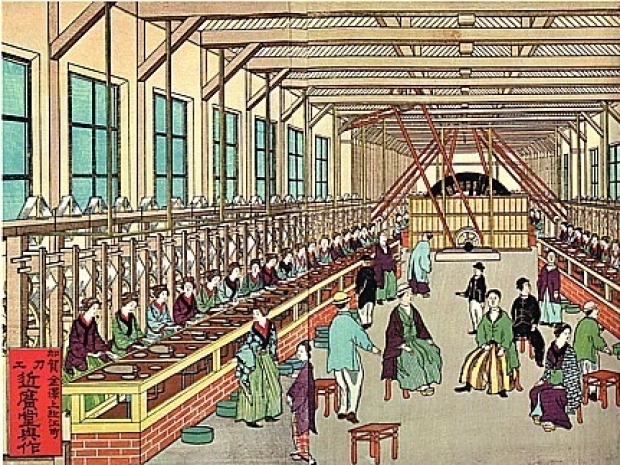After the persecution of Chinese tech companies began under Donald Trump and continued under Joe Biden China has made an accelerated push into the production of older-generation semiconductors and are working out how to expand into more modern technology. EU and US officials are apparently working ways to stop China in its tracks, even if that was what caused the problem in the first place.
Apparently, Beijing is pouring billions into factories for the legacy chips that haven't been banned. Such chips are still essential throughout the global economy, critical components for everything from smartphones and electric vehicles to military hardware.
Rather than realising that it cannot win, the US is determined to prevent chips from becoming a point of leverage for China and wants to make it harder.
Commerce Secretary Gina Raimondo alluded to the problem during a panel discussion last week at the American Enterprise Institute.
"The amount of money that China is pouring into subsidizing what will be an excess capacity of mature chips and legacy chips -- that's a problem that we need to be thinking about and working with our allies to get ahead of," she said.
The most advanced semiconductors are those produced using the thinnest etching technology, with 3-nanometers state of the art today. Legacy chips are typically considered those made with 28-nm equipment or above, technology introduced more than a decade ago.
But the Western Powers are worried that after flooding the market with these chips the Chinese could dump their legacy chips on global markets in the future, driving foreign rivals out of business like in the solar industry, they said.
Western companies may then become dependent on China for these semiconductors, the people said.
Again the argument is that critical tech components from China may create "national security risks" which seems to be shortform for "competes too well against western products."
However, shutting out China has backfired so far and is speeding up any eventual chip dominence.

